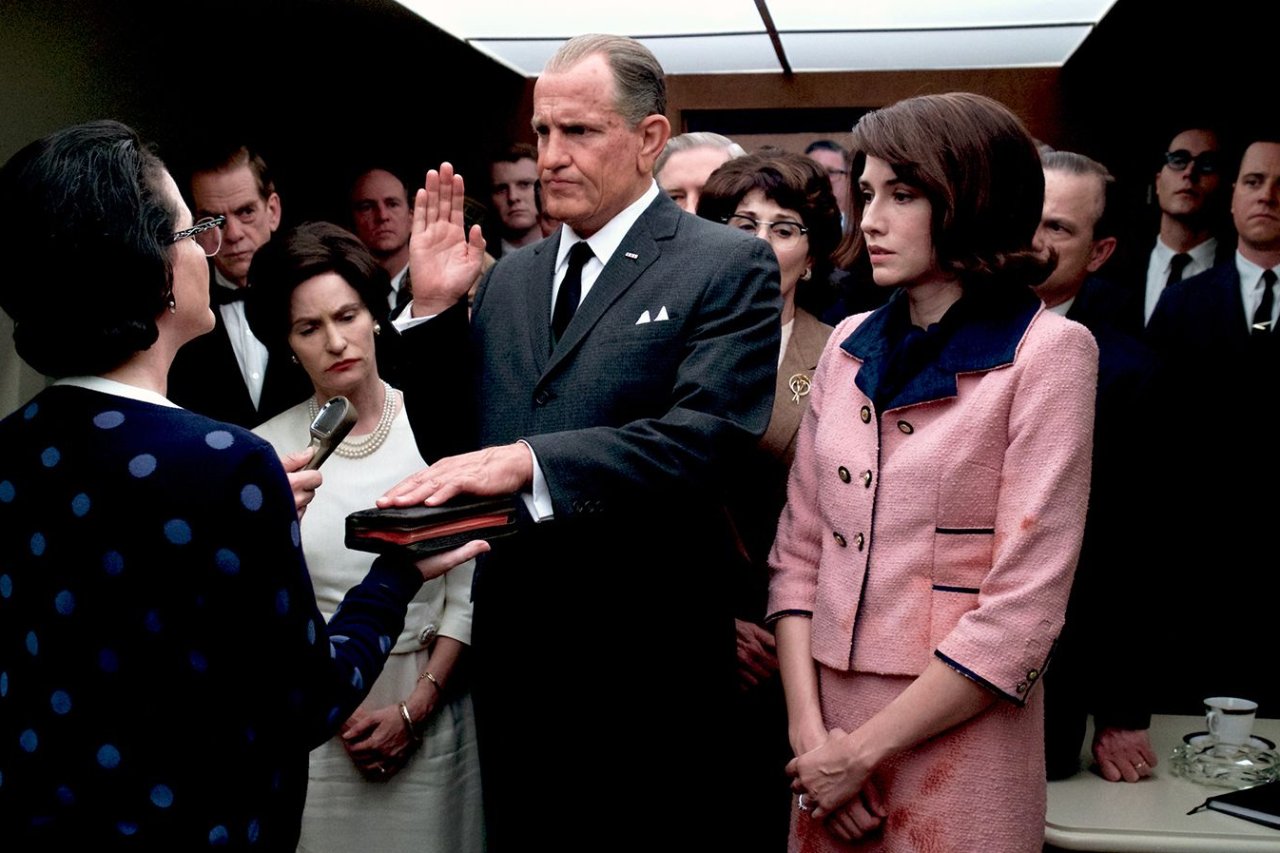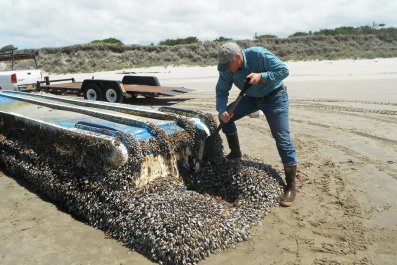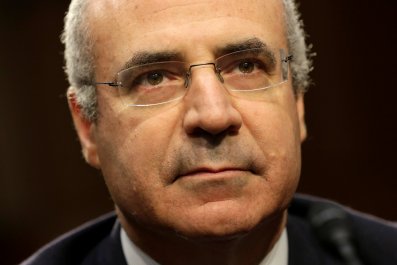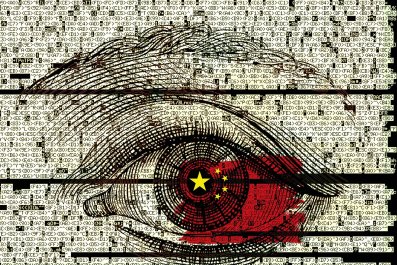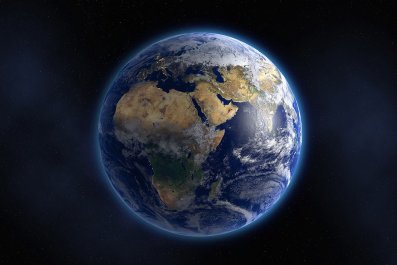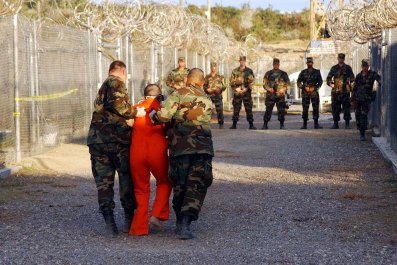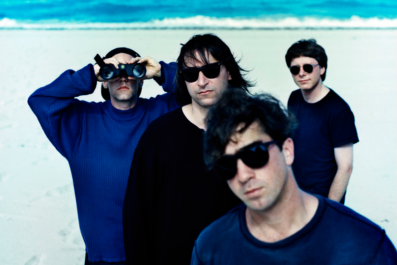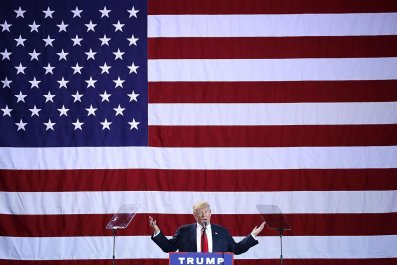Woody Harrelson's primary residence is a beachfront home on Maui, but in the past year, he has spent as much time in Hawaii as your typical honeymooner. On this sun-blessed October morning, the actor is in New York City promoting his performance as America's 36th president. LBJ is one of six films in 2017 that star Harrelson, and yet he insists, "I'm a lazy motherfucker."
Harrelson is athletic and boyish and still equipped with the goofy, gap-toothed grin that made Woody Boyd such a beguiling character on Cheers more than a quarter-century ago. He appears to be a decade younger than his 56 years but swears he is exhausted. "I much prefer to be a slacker," says Harrelson, sighing. "I want to go home and live the frickin' hippie life, wear nothing but a bathing suit. I don't really want to work so much."
So why does he? He lists a few of this year's projects. "A movie like The Glass Castle [in which he plays the patriarch of a dysfunctional family in the adaptation of Jeannette Walls's best-selling memoir of the same name]—I can't see not doing that. A movie like LBJ... or War for the Planet of the Apes... even the Star Wars movie, which took eight months.... I was supposed to take the second half of this year off, but I won't be getting back home until November."
He's just a boy who can't say no. Or perhaps, like Billy Hoyle in the opening scene of White Men Can't Jump (1992), Harrelson is a serious baller pulling a con. Beneath that gee-whiz façade is an actor of uncommon industriousness and versatility, at home providing comic relief in The Hunger Games or playing a tormented cop in HBO's best season of True Detective. He is equal parts Robert Mitchum and Robert Duvall, and now he's that Texas hound dog Lyndon Baines Johnson.
If you see LBJ, it may stun you to realize that Harrelson is older than the man he's depicting. The movie covers Johnson's career from the 1960 presidential primary, when he was 52, to his 1964 State of the Union address, using November 22, 1963, the day John F. Kennedy was killed, as a fulcrum. As recently as two years ago, Harrelson stiff-armed the notion of playing the fellow Texan, the so-called master of the Senate. "My first roommate in New York City, Rob Moran, he's a producer now, and he told me, 'You need to play LBJ.'
"Dude, I would never play the guy,'" Harrelson replied. Why not? "Because of Vietnam."
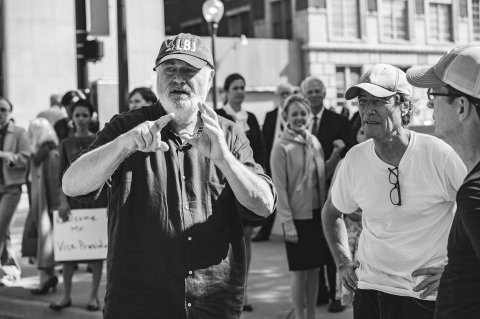
Ah, the quagmire. The film avoids Vietnam almost as assiduously as the current commander in chief once did. LBJ is not a biopic; it is an excerpt—a few chapters from a political career that endeavor to put some polish on a notoriously crass man, while also bolstering his humanity.
Rob Reiner directed the film, and he lobbied Harrelson hard. The actor now believes Johnson deserves reconsideration. "LBJ got a lot of shit, but he accomplished more than anyone other than FDR," he says. "Medicare, Medicaid, civil rights legislation. Sure, he got bogged down in the war, but other than that, he was an amazing president."
Reiner did a similar about-face. "I was of draft age during Vietnam, and here was this man who could send me to my death," says the director, who, like President Donald Trump, received a medical deferment. "I hated him. I just hated him. That's the only view of Lyndon Johnson I had."
Reiner's opinion shifted as he was working to defeat California's Proposition 8 in 2008, which prohibited marriage by same-sex couples; it was passed on the same night Barack Obama was elected president. "I had such mixed feelings that night," he says. "I was elated that our country could be so progressive but disheartened by the vote on Prop. 8."
As Reiner fought against it, he became a student of how policy, politics and government intersect. Research led him to a profound admiration for LBJ. "We show a scene in the bedroom where Lady Bird [played by Jennifer Jason Leigh] tells him, 'Kennedy was a man of great ideas. Now we need a man who can deliver.' That struck to Johnson's heart, because he knew he could do that," says Reiner. "He had the deepest knowledge of how government operates. He understood it in his bones."
The film portrays a pragmatic political grinder ("I'm the only one who knows how to speak Southern and how to speak Kennedy," LBJ quips to a pair of staffers) without revealing where Johnson stood on racial equality. MLK had a dream, but LBJ had a duty. Late in the film—as the beleaguered Johnson, now president, is battling Southern Democrats to pass the landmark Civil Rights Act of 1964—he is driven past the Lincoln Memorial. He looks out the window of his limousine and growls, "This is your goddamn mess I'm cleaning up."
During the shoot, Harrelson spent three hours each day in makeup—two to apply the prosthetics and one to remove them. Still, this physical transformation may be a more difficult sell than the Civil Rights Act. It is a bit of a distraction to watch Harrelson's scenes with Richard Jenkins (playing the racist Senator Richard Russell), who, in some ways, more closely resembles LBJ.
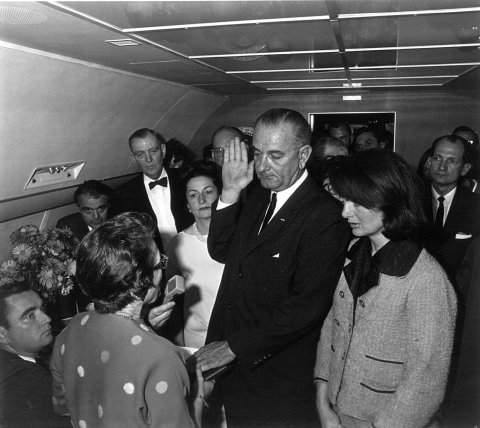
Rigorous students of U.S. history may not recognize this soft-pedaled LBJ, either. (A noted philanderer, he is only the devoted husband here.) There is the obligatory scene of Lyndon discussing his johnson—he was reputedly the Milton Berle of Oval Office occupants—and another in which he sits on the toilet while talking strategy with two staffers (an open-door policy that should have been repealed). Still, this is a portrayal of a monumental statesman; Hamilton minus the hip-hop.
In the age of Trump, it might seem cruel to release a movie about a president who, above all, was a pragmatist. It might also seem perverse to focus on such a profoundly ambivalent figure. Heroes and monsters, after all, usually make better lead characters. (See every comic book blockbuster.)
"But that's why I wanted to make the film," says Reiner. "Johnson should have gone down as one of the great presidents. But having had Vietnam, it's all mixed together and bad. That got me to thinking, Who is this guy?"
"I don't know what LBJ truly believed in his heart," says Harrelson, who is, as he says this, sitting in the shadow of Trump Tower. "We explore the fact that Robert F. Kennedy didn't trust LBJ in the movie. And I don't know if I trust LBJ. I just know he was a guy who did shit because it was politically expedient."
So how compelling will this glass-half-full characterization be for audiences? Lyndon Johnson may be the better president, but Donald Trump will be a better movie.



